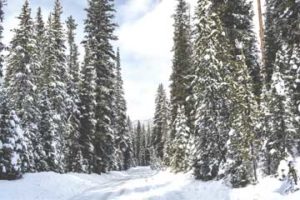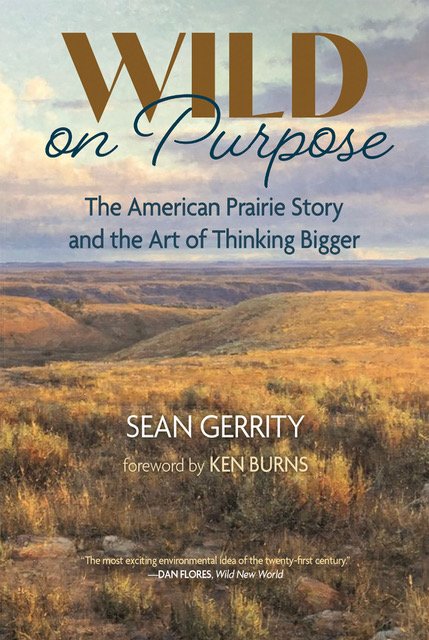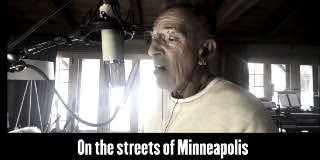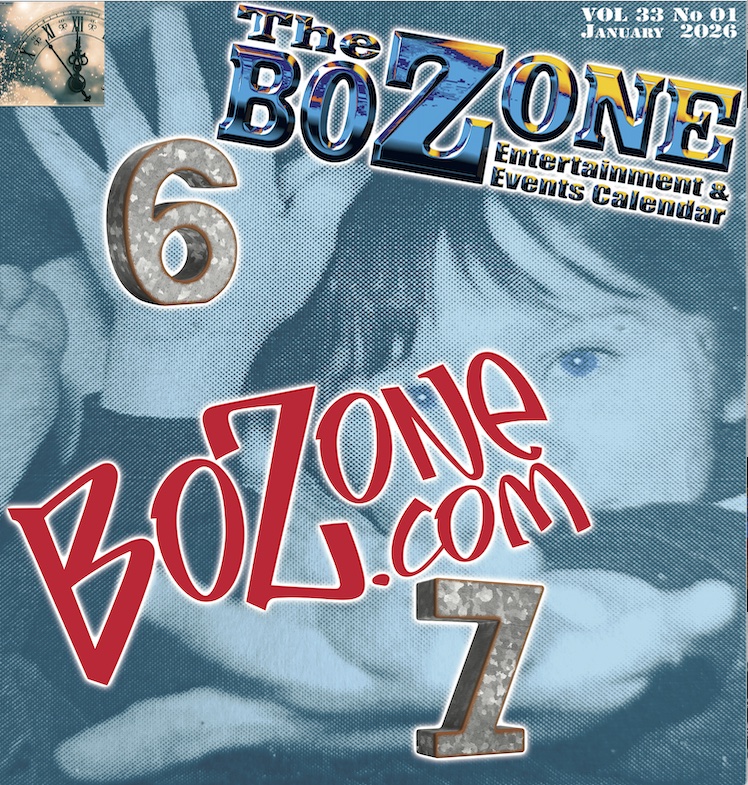 Guest Commentary by Clint Nagel
Guest Commentary by Clint Nagel
The lexicon in today’s conversation about public lands includes words like “forest health” and “forest resilience.” This seems to be especially true by certain politicians today who, like in the past, are trying to devise attractive phraseology to sell a certain course of action. What is there not to like, right? Everyone wants to have healthy forests and forests that are resilient to all kinds of threats of the future. To coin a commercial of the 1970s, this is like “baseball, hot dogs, apple pie, and Chevrolet.” But the question is, “What does it mean?” Do we know what forest health is, or do we just have a preconceived notion of what we think it means? Would we know a healthy forest if we saw one?
The Gallatin Wildlife Association (GWA) has decided to challenge and question this line of promotion being oversold by some special interest groups and politicians by conducting a forum on “Healthy Forests, Science or Slogan.” We urge everyone who is concerned about the future of our natural heritage, public lands and our forest ecology to attend this two-hour discussion of the subject on Tuesday, September 12th beginning at 6pm at the Emerson Cultural Center. Doors will open at 5:30pm.
The evening will feature guest speaker George Wuerthner, a freelance writer, photographer, author and ecologist. He is on the board of directors and advisor to many organizations, too many to name here. I will say that he has published more than 30 books on America’s wild places and has received the Fund for Wild Nature’s Grassroots Activist of the Year Award for 2017. A second guest speaker, Cathy Whitlock will be featured during this crucial public forum. She is a Professor of Earth Sciences, Director of the MSU Paleoecology Lab, and Fellow and former co-Director of the Montana Institute on Ecosystems at Montana State University. Cathy’s research on forest, fire, and climate history extends from the western United States to temperate regions in New Zealand, Patagonia, Australia and Europe. So is “forest health” achievable or maintainable? To get to those answers, we want to know if this idea is based upon “science,” or is it just a “slogan” to promote an excuse for more timber harvesting. There are a lot of questions involved in our forest ecology. Do we understand all of the ramifications of the decisions we as humans make? What role does climate change have on our forests? As you can see, the questions go on and on, but do we know all the answers? The purpose of this discussion is to answer some of those questions. We want our National Forests and all forests on public lands to be managed with the best available science. The question is how do we do that amidst increasing demand of uses which in turn places increasing threats on land, water and wildlife. This is where policy and the public need to come together to better understand and learn about how our forests can survive the threats it will face now and well into the future. Right now there are a handful of proposed legislative actions pending before Congress. Most of them are questionable in their purpose and intent and why we as concerned citizens need to get involved in the decisions of the future.
This forum on “Forest Health” is a learning experience, one that the Gallatin Wildlife Association invites your participation. So come to this free public forum on Forest Health – Science or Slogan on Sept. 12th at the Emerson Cultural Center, starting at 6pm.
Gallatin Wildlife Association is a local, all volunteer wildlife conservation organization dedicated to the preservation of wildlife and wildlife habitat in Southwest Montana. They are a non-profit 501-c(3) organization which has been in existence since 1976 representing hunters, anglers, and other wildlife advocates with the mission to protect habitat and conserve fish and wildlife populations on a sustainable basis for our children and future generations. •










